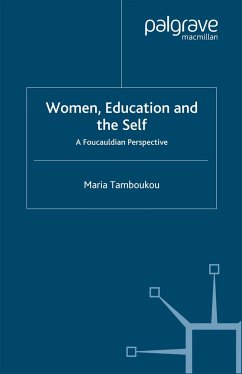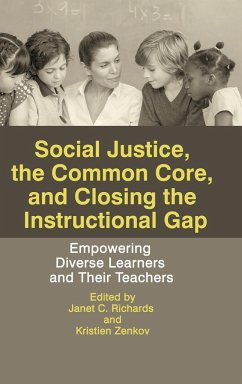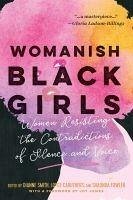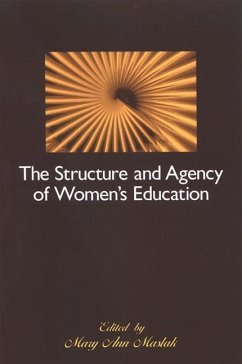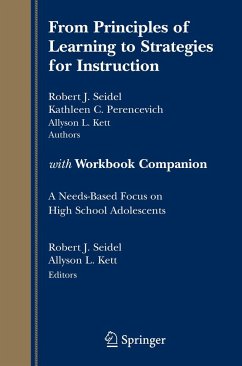
Closing the Gender Gap

PAYBACK Punkte
13 °P sammeln!
A comprehensive and up-to-date account of the developments in British education from 1945 to the present day.
Focuses on how and why the gender gap is closing in the British education system.
Focuses on how and why the gender gap is closing in the British education system.
Undergraduate and postgraduate students in education, sociology and gender studies, as well as the general reader with an interest in education or gender.



